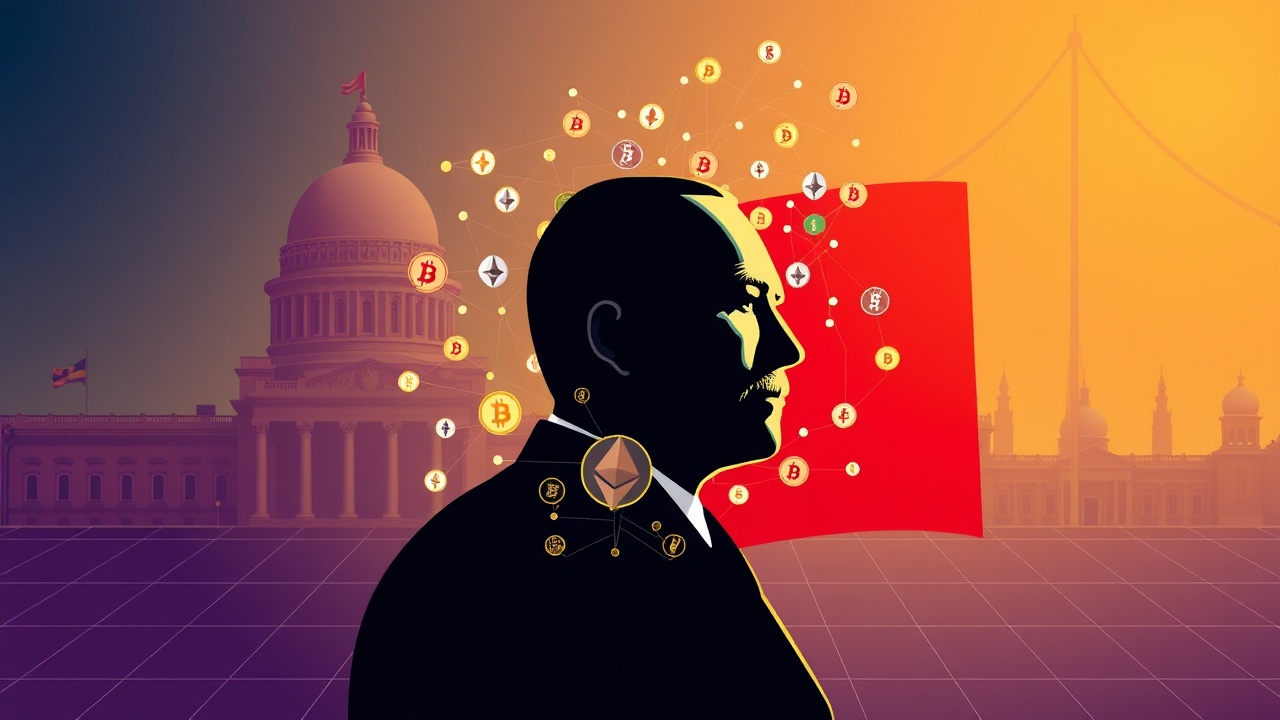Belarus Takes Steps to Regulate Cryptocurrency
In a significant move aimed at regulating the burgeoning cryptocurrency sector, Belarusian President Aleksandr Lukashenko has tasked legislators with establishing clear and transparent guidelines for the nation’s crypto market. During a recent government meeting, Lukashenko emphasized the necessity for Belarus to adapt to global financial trends, stating:
“In these circumstances, the state’s objective is to create understandable and transparent standards along with oversight mechanisms within this realm. This area is relatively new for our country.”
Framework for Cryptocurrency Governance
Lukashenko’s call for structured regulations aligns with his earlier directives issued in 2023, when he highlighted the need for comprehensive governance over digital tokens and cryptocurrency activities. This initiative stems from Presidential Decree No. 80, which aims to lay the groundwork for a national framework surrounding cryptocurrencies.
The President also pointed out that there is a need to clarify the roles of various governmental entities and the Hi-Tech Park, a state-backed IT special economic zone, in the cryptocurrency industry. His insights follow a directive from March, where he instructed the energy minister to explore the prospects of developing a local cryptocurrency mining sector. He remarked:
“Considering our surplus electricity, if mining profits us, then we should pursue it. We should produce this cryptocurrency and move forward.”
Challenges and Resistance
Despite the overtures toward embracing cryptocurrency, there are signs of resistance against its decentralized aspects. Reports from mid-2023 indicated that the Belarusian authorities were drafting legal changes to ban peer-to-peer cryptocurrency transactions, including those involving Bitcoin. This development was encapsulated in Decree No. 367, signed by Lukashenko in September of the previous year, which prohibited individuals and entrepreneurs residing in Hi-Tech Park from trading cryptocurrencies outside of designated Belarusian exchanges.
Conclusion
This legislative framework aims to maintain state control over the nation’s digital assets, thereby fostering a transparent and regulated environment for the circulation of cryptocurrencies and other digital tokens. As Belarus navigates the complexities of the digital currency landscape, these evolving policies reveal the balancing act the government faces between fostering innovation and upholding regulatory oversight.




